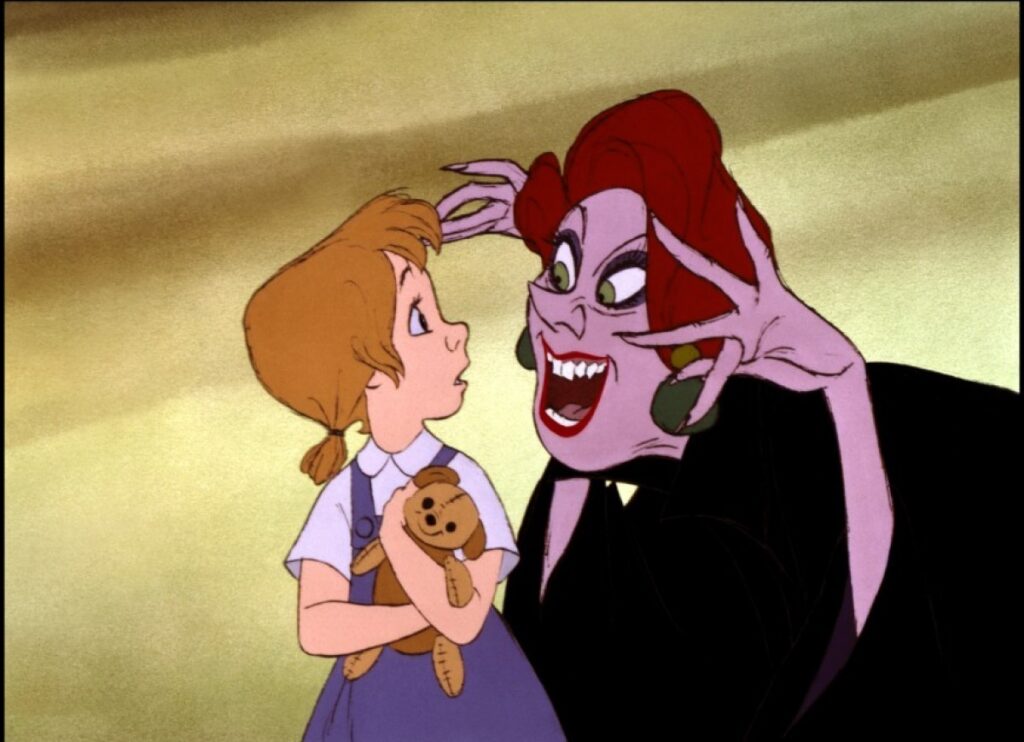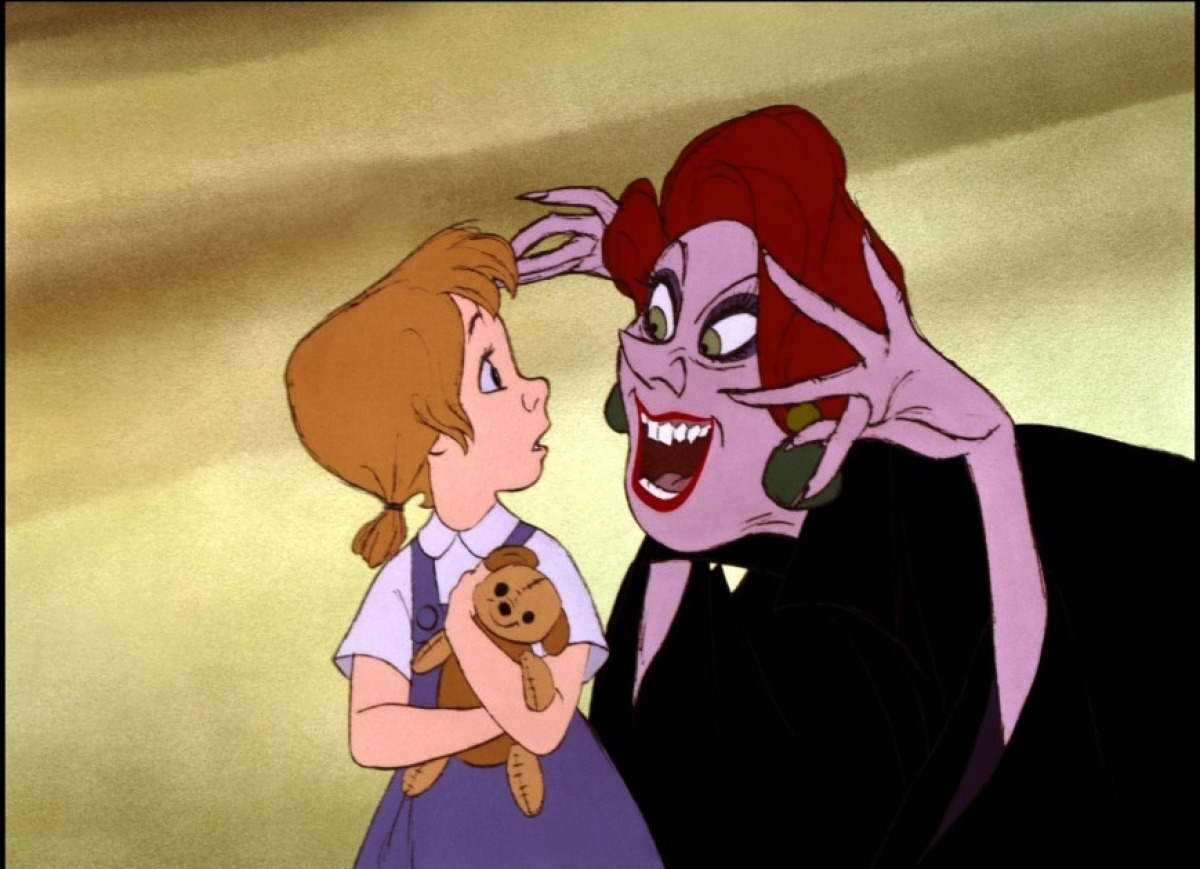
The Rescuers Medusa: Unraveling the Myth and Modern Interpretations
The name “Medusa” often conjures images of a monstrous gorgon with snakes for hair, whose gaze could turn anyone to stone. While the mythical Medusa is well-known, the term “Rescuers Medusa” might seem initially perplexing. This article aims to delve into the nuances of this phrase, exploring its possible origins, interpretations, and implications within various contexts, from animation to broader cultural symbolism. We’ll explore the character of Madame Medusa from Disney’s “The Rescuers”, and examine how the name Medusa is used to evoke certain characteristics. The goal is to provide a comprehensive understanding of the “Rescuers Medusa” concept and its relevance in contemporary discussions. This article will explore how the character, Madame Medusa, and her name, are used and interpreted.
The Mythological Roots of Medusa
Before exploring “Rescuers Medusa,” it’s crucial to understand the original myth. In Greek mythology, Medusa was one of the three Gorgon sisters, daughters of Phorcys and Ceto. Initially, she was portrayed as a beautiful maiden, but her encounter with Poseidon in Athena’s temple led to her transformation into a monstrous being with snakes for hair and a petrifying gaze. Perseus eventually beheaded Medusa, using her head as a weapon before gifting it to Athena, who placed it on her shield.
The myth of Medusa has been interpreted in numerous ways throughout history. Some see her as a symbol of female rage and victimhood, while others view her as a representation of the destructive power of fear and the consequences of hubris. Understanding these varied interpretations is essential for appreciating the complexity of the name “Medusa” and its associations.
Madame Medusa: The Villainous Allure of “The Rescuers”
In Disney’s animated film “The Rescuers,” Madame Medusa serves as the primary antagonist. She is a greedy and flamboyant pawn shop owner who kidnaps Penny, a young orphan, to retrieve the Devil’s Eye diamond from a hidden cave. Madame Medusa is portrayed as a cruel and manipulative character, willing to exploit and endanger others for her own gain. Her name, “Medusa,” is not accidental; it evokes the negative connotations associated with the mythological figure, suggesting a dangerous and formidable adversary.
The choice to name the villain “Medusa” in “The Rescuers” carries significant weight. It immediately signals to the audience that this character is not to be trusted and that she embodies traits of ruthlessness and cunning. While Madame Medusa doesn’t turn people to stone, her actions are equally destructive, particularly to Penny, whom she subjects to emotional and physical abuse. The connection to the mythical Medusa helps to amplify the villain’s perceived threat.
Analyzing Madame Medusa’s Character
Madame Medusa is a complex character, despite being a children’s movie villain. Her motivations are driven by greed, and her methods are often over-the-top and theatrical. She’s not just evil; she’s flamboyantly evil, adding a layer of entertainment to her villainy. Her appearance, with her fiery red hair and extravagant clothing, further emphasizes her larger-than-life persona.
However, beneath the surface, Madame Medusa’s character also reveals a deep-seated insecurity. Her obsession with wealth and power stems from a desire to compensate for her own perceived inadequacies. This vulnerability, though subtle, adds a layer of depth to her character, making her more than just a one-dimensional antagonist. The “Rescuers Medusa” is a multi-faceted character.
The Symbolism of the Name: Why “Medusa”?
The name “Medusa” is rich with symbolic meaning. As mentioned earlier, the mythological Medusa represents fear, power, and transformation. By naming the villain in “The Rescuers” “Medusa,” Disney tapped into these pre-existing associations, instantly conveying a sense of danger and malevolence. The name serves as a shorthand for the character’s negative traits, allowing the audience to quickly grasp her role in the story.
Furthermore, the name “Medusa” can be interpreted as a commentary on female villainy. In many narratives, female villains are often portrayed as manipulative and deceptive, using their charm and intelligence to achieve their goals. Madame Medusa fits this archetype, using her cunning and resourcefulness to exploit others. The name “Medusa” reinforces this portrayal, linking her to a long history of female figures who have been demonized for their ambition and power.
Modern Interpretations of “Rescuers Medusa”
The term “Rescuers Medusa” can extend beyond the specific character in the Disney film. It can be used to describe any character or person who exhibits similar traits: greed, manipulation, and a willingness to harm others for personal gain. In this context, “Rescuers Medusa” becomes a shorthand for a particular type of villainous personality.
In online discussions and analyses of film and literature, the term “Rescuers Medusa” might be used to categorize characters who embody these traits. For example, a character in a different story who kidnaps someone for financial gain could be described as a “Rescuers Medusa”-like figure. This usage highlights the enduring impact of the Disney film and the lasting impression of its villain.
The Enduring Appeal of “The Rescuers” and its Villain
“The Rescuers” remains a beloved animated film, and Madame Medusa is a memorable villain. Her flamboyant personality, coupled with her genuine threat to Penny, makes her a compelling antagonist. The film’s themes of courage, compassion, and the importance of standing up to injustice resonate with audiences of all ages. The character of Madame Medusa, in all her villainy, contributes significantly to the film’s enduring appeal.
The film’s success lies not only in its heartwarming story but also in its well-developed characters, both heroes and villains. Madame Medusa is a prime example of a well-crafted antagonist who embodies the negative traits that the heroes must overcome. Her presence elevates the stakes of the story and makes the eventual triumph of good over evil all the more satisfying.
The Rescuers Medusa: A Case Study in Villainy
Madame Medusa serves as an excellent case study in villainy. Her motivations, methods, and overall character design provide valuable insights into what makes a compelling antagonist. By examining her traits and actions, we can gain a deeper understanding of the role of villains in storytelling and their impact on audiences.
Moreover, the use of the name “Medusa” in “The Rescuers” highlights the power of symbolism and the importance of choosing names that resonate with deeper meanings. The name instantly conveys a sense of danger and malevolence, setting the stage for Madame Medusa’s villainous actions. This careful attention to detail contributes to the overall effectiveness of the character and the film as a whole. The impact of “Rescuers Medusa” is undeniable.
Beyond the Screen: The Broader Implications
The concept of “Rescuers Medusa” extends beyond the realm of entertainment. It can be applied to real-world situations where individuals or organizations exhibit similar traits of greed, manipulation, and a disregard for the well-being of others. Recognizing these traits in real life is crucial for protecting ourselves and others from harm.
By understanding the characteristics of “Rescuers Medusa,” we can become more aware of the potential for exploitation and manipulation in our own lives. This awareness can empower us to make informed decisions and to stand up against injustice, just as the heroes in “The Rescuers” did.
The Timeless Relevance of the Medusa Myth
The myth of Medusa continues to resonate with audiences today, inspiring countless adaptations and interpretations. From literature to film to visual art, the figure of Medusa remains a powerful symbol of female rage, victimhood, and the consequences of power. The enduring appeal of the Medusa myth speaks to its timeless relevance and its ability to capture the complexities of human experience.
The fact that Disney chose to name a villain “Medusa” in “The Rescuers” demonstrates the enduring power of this myth. The name carries with it a wealth of associations and meanings, instantly conveying a sense of danger and intrigue. This careful use of symbolism contributes to the overall effectiveness of the film and its ability to resonate with audiences across generations. The “Rescuers Medusa” is a powerful example of this.
Conclusion: Reflecting on the Legacy of “Rescuers Medusa”
In conclusion, the term “Rescuers Medusa” encompasses both the specific character in Disney’s “The Rescuers” and a broader concept of villainy characterized by greed, manipulation, and a disregard for the well-being of others. Madame Medusa’s character is a compelling example of a well-crafted antagonist whose actions and motivations provide valuable insights into the role of villains in storytelling. The name “Medusa” itself carries significant symbolic weight, evoking the negative associations of the mythological figure and reinforcing the character’s villainous traits.
By understanding the nuances of “Rescuers Medusa,” we can gain a deeper appreciation for the artistry of “The Rescuers” and its enduring impact on popular culture. Furthermore, we can apply this understanding to real-world situations, becoming more aware of the potential for exploitation and manipulation in our own lives. The legacy of “Rescuers Medusa” extends far beyond the screen, serving as a reminder of the importance of courage, compassion, and standing up to injustice. The enduring power of “Rescuers Medusa” lies in her ability to captivate and caution us, reminding us of the darkness that exists and the importance of fighting for good. The term “Rescuers Medusa” now encapsulates a specific type of villainy. The name “Rescuers Medusa” is now synonymous with a particular kind of cartoon villain.
[See also: Disney Villain Archetypes] [See also: The Rescuers: A Critical Analysis] [See also: Female Villains in Animation]

